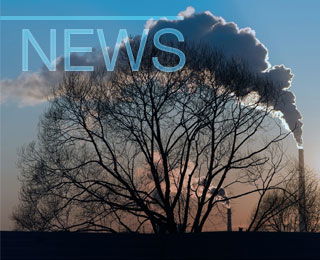As part of its ongoing commitment to reducing the environmental impact of its operations, Lafarge Africa Plc has installed new bag filter technology at its Ewekoro plant.
“We continuously upgrade our operating models and strategy through extensive investments in research and innovation,” said Rachael Ezembakwe, head of Health, Safety and Environment, Lafarge Africa Plc. “In order to comply with global standards and contribute to building a safer planet, we successfully replaced our dust emission control device in our Ewekoro Plant I, from the Electrostatic Precipitator (ESP) to a more modern and effective system, the ‘Bag House’ dust collection system.”
To mitigate dust emissions from other sources, such as from roads surrounding its plants, Lafarge has instituted measures to consistently reduce fugitive emissions in all its plants, preserve the local environment and minimise the impact on the neighbouring/host communities. The company also conducts air quality measurements of its plant up to 10km radius to assure its conforms to acceptable limits.
“We are fully aware of the environmental impact of our operations, particularly on our host communities. As such, we carried out a comprehensive social impact assessment in our Ewekoro plant in the year 2020, resulting in a robust action plan to reduce dust emissions. The implementation of the action plan involved changing the Electrostatic Precipitator (ESP) used at the plant to a bag house filter, in addition to other significant adjustments to our production activities, over a period of six months. A robust maintenance system was also put in place for the dust control equipment at the plant.
“The dust emissions at our Ewekoro plant has since remained below the regulatory limit of 50mg/Nm3. The emission levels are also monitored real-time to ensure that it remains within acceptable limits, and validated by the National Environmental Standard and Regulations Agency (NESREA) during its periodic monitoring inspection of our Ewekoro Plant. Quarterly monitoring exercises by government-accredited agencies are also conducted at the plant, and the reports of the inspection are submitted to our regulators,” added Ms Ezembakwe.
